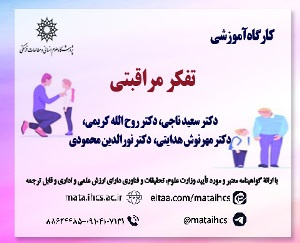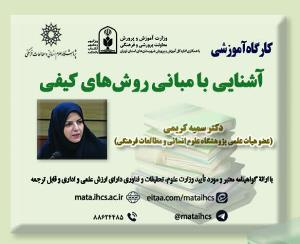Task-Based Language Teaching Vs. Conventional Language Teaching: The Case of News Story Writing in EFL Context
منبع:
Iinternational Journal of Foreign Language Teaching & Research, Volume 10, Issue 40, Spring 2022
حوزه های تخصصی:
شماره صفحات:
۱۲۳ - ۱۳۲
دریافت مقاله
تعداد دانلود :
۱۰۲







